Savvy Spotlight: Yuki Ito From Bar 10cc
How This Bar Owner Kept Going For 30 Years And Is Still Kickin' It
Down the narrow, dimly lit alleys of Shinjuku's historical Golden Gai is a tiny bar, run by a long-haired, rock-inspired, fabulously kimono-clad owner, Yuki Ito. Referred by customers as "Mama san," Yuki has been behind 10cc's counter for the past three decades, keeping it alive through turbulent times and despite multiple attempts by radicals to eradicate the area during Japan's Bubble era. She has seen the city change before her eyes; customers age and evolve from poor, unknown artists to famous influentials. Savvy Tokyo visits Yuki at 10cc to learn what's the secret behind running a bar in one of Japan's most chaotic areas. She pours us a drink and welcomes us into her world, which feels comfortable, inspiring and inviting.
How did you come up with the idea of running a bar in Golden Gai?
Golden Gai used to be the gathering place for creative minds, including many musicians, artists, directors, writers, academics and actors back in the 80s, when I had just moved from Akita to Tokyo and had started studying acting. It was the so-called “underground” times for creative people, most of whom would come here, looking for ideas, while taking a few drinks and picking fights with others. It was a very vibrant place for people who were trying to climb the ladder toward success.
I came here first with a few colleagues, and it became a sort of a social gathering place for us. A friend of mine began running this bar, and I took over from her at the age of 26, after she moved on to do something else. And I thought this could be a great chance — I could have a stable income, meet many people and still pursue my acting ambitions. And that’s how it all began.
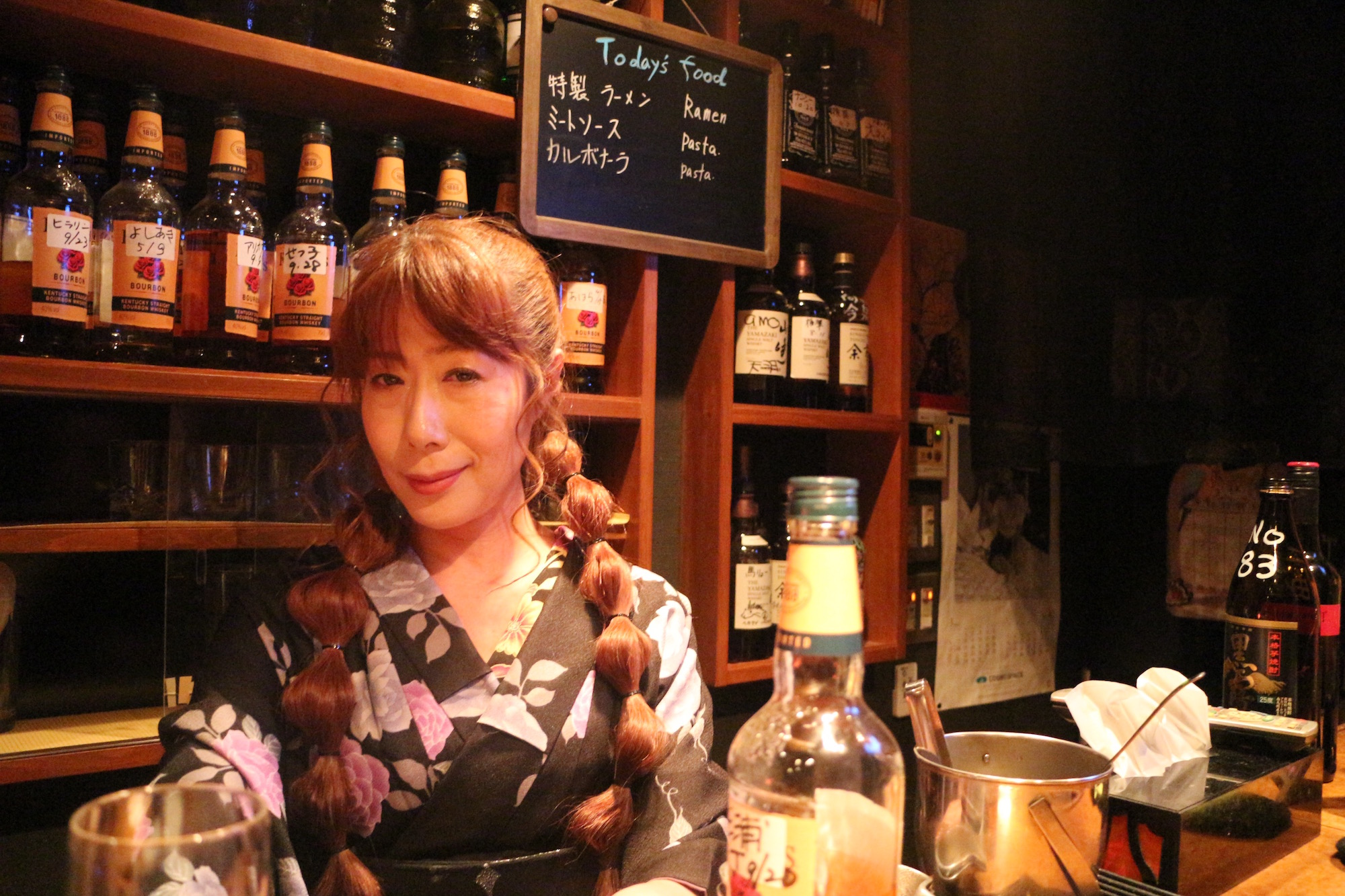
So you gave up acting eventually?
I did. Being a bar owner turned out to be a full-time job, taking all my attention. I was running the place myself and was doing my best to keep it alive.
It was the so-called “underground” times for creative people, most of whom would come here, looking for ideas, while taking a few drinks and picking fights with others.
What kind of bar is 10cc and how did you come up with the name?
It was named by the former owner after a British band, popular in the 70s. I kept the name. 10cc is a quiet bar where you can enjoy socializing over a few drinks, regardless of your background. But you need to know your limits if you visit here. It’s not a place to go wild. It’s a place where people can always come back to, knowing it will always be around.
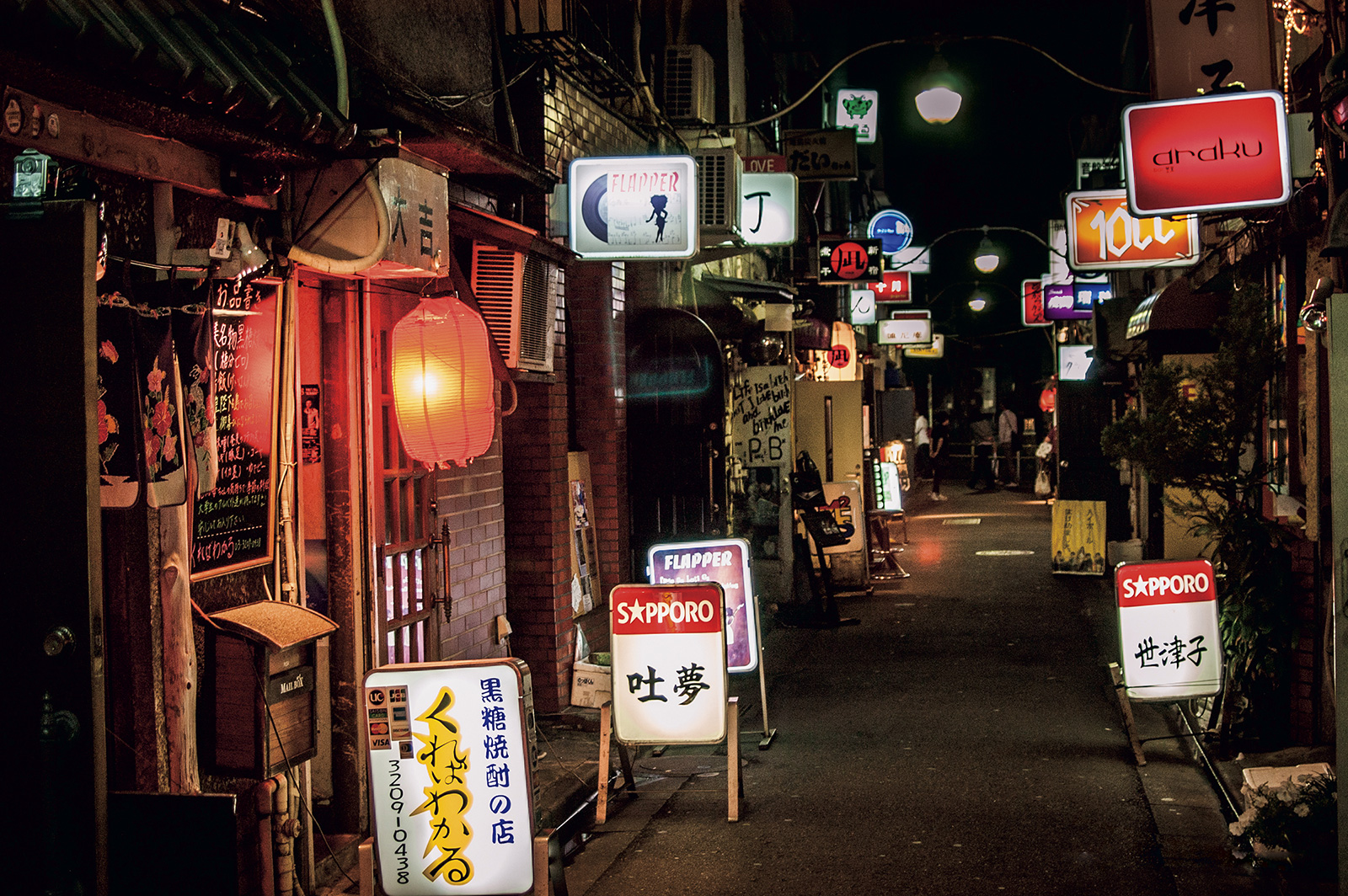
What were the main challenges when you took over and how did you manage to keep your business running?
I took over the bar at a very unstable time. There were constant arson attacks, caused by people who wanted this place gone so that new buildings would be built instead. Many bars closed one after another and every owner was under pressure for survival. I was constantly worried, too, and worked non-stop, because I was afraid that if I was away, my bar would be gone upon my return. Eventually, some of us got together and formed the “Save Golden Gai” union, which some famous artists and intellectuals also supported. We did a lot of events to keep the area alive. This union continued for ten years, after which things finally settled down.
What kept you going for 30 years? Did you ever consider quitting?
Never. One of the reasons why I continued the business was because I was healthy. I’ve seen many people lose their health to this business, because it’s not easy. But I’ve been fine and this kept me going. I also realized that because of this place, I constantly have new interests. Maybe it’s because I get to interact with a great variety of people who inspire me. I get many offers from clients to engage in other activities, too. For example, a customer asked me to join his band and I’ve been a member now for 16 years.

Was it hard, as a woman, to be taken seriously as a business owner?
Of course. I was young when I started and most customers were older than me. I was often told that “kids shouldn’t be here” (laughs). Customers would frequently get caught in heated debates, because it was an era of student movements and open criticism against the status quo. It was common for people to end up fighting at the bar. I often had no clue what they were fighting about, but I had to stop them anyway, which was always a huge hassle. I was also teased by other bar owners. So after my second year, I solved this problem by banning troublemakers from the bar and avoiding confrontation with others, continuing to greet them politely no matter what. Gradually, it worked. I had to be tough.
Customers would frequently get caught in heated debates, because it was an era of student movements and open criticism against the status quo.
Tell us this one customer-related episode that you’ll never forget?
It’s not a single episode, but one of my greatest memories so far is related to a regular customer who has been coming here since his 20s, and became a manga artist in his early 40s. I’ve witnessed him working on his comics over the years and he includes me and 10cc in some of his works. He is now very well known and his main work, Shinya Shokudo, is popular in Taiwan and Korea. So sometimes, I have new customers who come to the bar, knowing my name, and I figure: they must’ve read his manga. It makes me happy.

What’s the best and worst part about being a bar owner in Tokyo?
The best is the encounters with people and the bonds we build over time. There were three couples who got married after meeting here at 10cc, including myself. It’s also a great feeling when the children and grandchildren of regular customers come drinking when they become adults. It’s an incomparable feeling to see different generations mature and find a place to return here.
The worst was at the very beginning when I was not even sure if the bar would survive.
It’s an incomparable feeling to see different generations mature and find a place to return here.
Thirty years in the business, you must have seen quite a few weird customers…
Oh, don’t get me even started (laughs). The worst of the kind are those who don’t understand what I’m saying — and I don’t mean language issues. They’re Japanese, speaking my language, but I still don’t get what they’re talking about. Whenever I sense that in a customer, I tell them I’m closing and invite them to take off. That’s the safest way. And there are of course the drunk ones, who end up fighting or insulting others. Especially the elderly folks who love to criticize and use every opportunity to lecture you about life. I look at them and think — boy, nothing is as important as aging gracefully. Also, there are the never-ending storytellers. They keep talking for ages and everyone dozes off, because they’re plain boring and the stories lead nowhere.
How has Golden Gai changed over the years?
It’s much safer now than it was back in the day. There used to be many dangerous bars before, but now there are almost none. It’s still chaos, though — as it should be, in my opinion.
With the times changing, however, the quality of customers has also changed. There are many young people who don’t know how to drink with dignity and tend to get too wild. When I tell them about it, they get offended, boasting that they are customers and can do whatever they want. I tell them to go back home and come back 100 years later when they know better (laughs).

What is one mistake you’ve made as an owner, and what did you learn from it?
I’ve made some mistakes of trusting people way more than I should’ve had. That includes some of the part-time staff members I’ve hired before, whom I caught stealing cash from the bar. They would also not show up to open the bar on days I wasn’t here. But these things are easy to spot — it’s such a small world here; everyone talks. So, after several such incidents, I began hiring only people I know personally or that have been recommended by someone. I trust my current staff 100%.
If you were to give an advice to someone who wants to follow your footsteps, what would it be?
Start as a part-timer and try to see everything from behind the scenes. That will equip you with tons of essential information and skills. Take action and move forward — no one will knock on your door if you don’t create the opportunities yourself.
What would Savvy readers be surprised to learn about you?
That I got married in my 50s to a Swedish guy who came here as a customer? (laughs) I always thought I would remain single and was prepared for that — so it caught me by surprise, too.
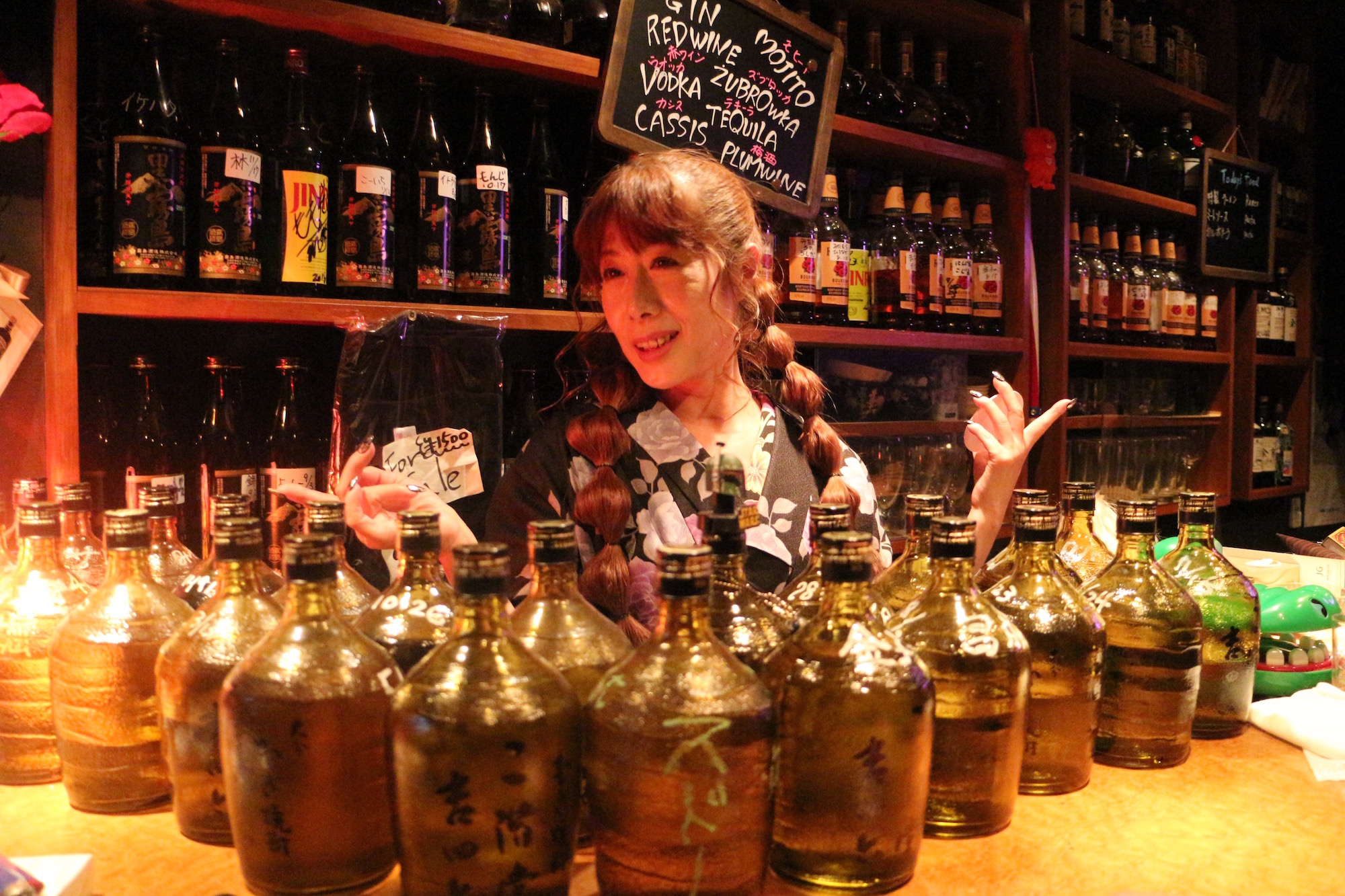
How did life change after getting married?
It hasn’t changed at all. We were both adults when we got together, each having our own lifestyle and obligations, so it was very easy to adapt to each other. But my life has more surprises now — he likes to sneak in on our anniversary, which I always forget, and bring me flowers, for example. And we’re having walks outside — I’ve never thought about taking a walk with no destination in mind before. But he says that out of the blue: “Let’s take a walk outside,” and I tell him it’s pouring rain outside, but we end up going anyway. It’s very natural, very nice.
If you were not owning a bar, what would you be doing for living?
I would’ve probably gotten married much earlier. Or maybe not (laughs). But I think that I would still be running a diner or some kind of shop somewhere.
At the end of the day, what accomplishment makes you the most proud?
My bar. I’ve been doing this for so long and this is my life now. I’m proud that I kept going for so long and have built this place to what it is today.
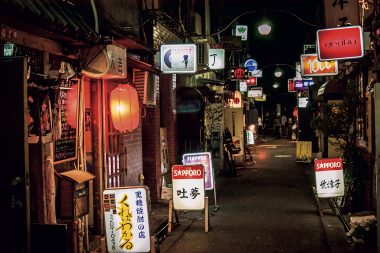
10cc
A nostalgic Japanese bar tucked in the narrow paths of Shinjuku's Golden Gai since 1987.





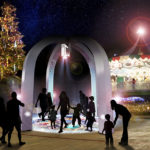






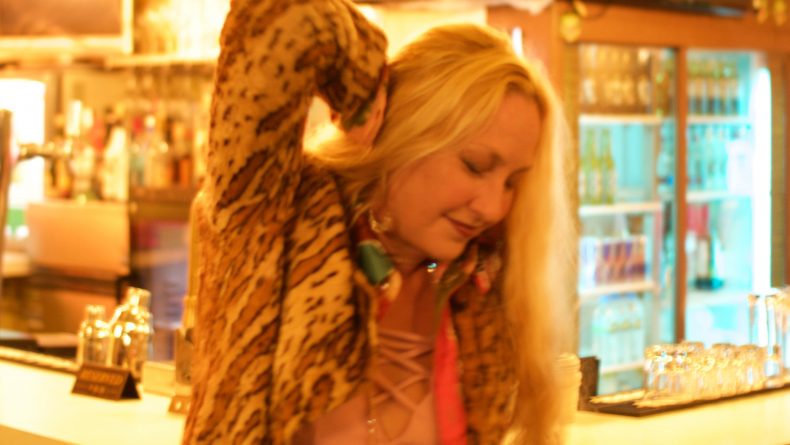

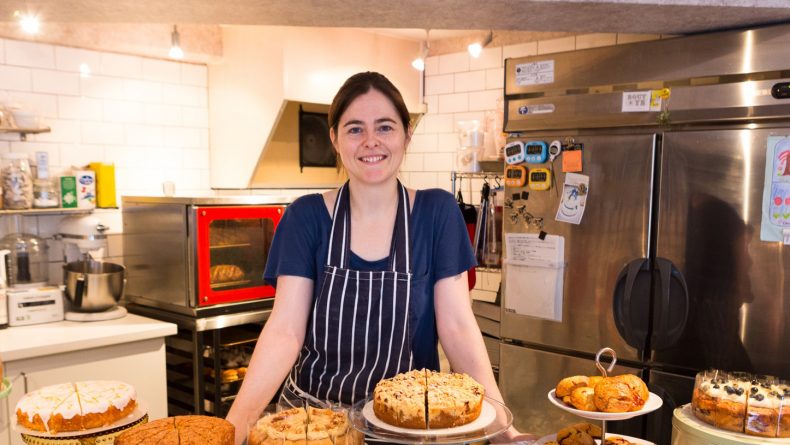
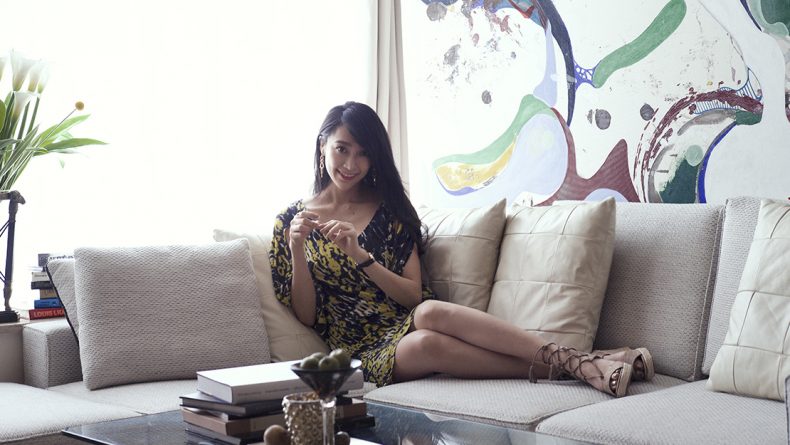
Leave a Reply